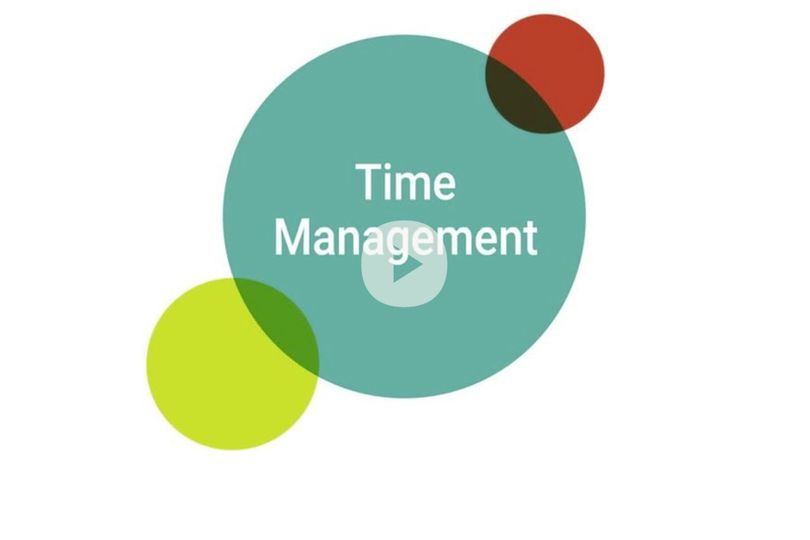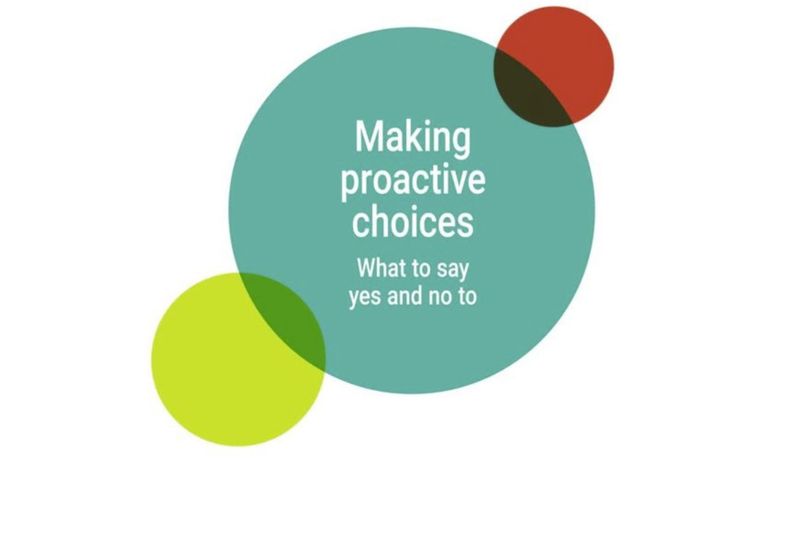Time management and prioritisation
One of the most common topics that research leaders bring to coaching is time management. As a new PI or newly appointed lecturer you are in a transition from one way of working to another. Your time is finite, but the opportunities and task lists keep growing. It can take hard work and practice to shift your ‘postdoc’ mindset and behaviours to that of a research leader. In the previous sections we looked at being strategic and reviewing progress. Both will help you with better prioritising and managing your time.
In this section we offer you:
- ways of reframing how you spend your time
- time management top tips so that you can work smarter rather than harder
- a tool to help you prioritise and now what to say ‘yes’ and ‘no’ to
“You will feel bombarded, you will feel overwhelmed, but you should try not worry so much. Don’t say yes to everything. Say no but just explain why or ask for a favour in return. When you’ve trained to recruit new academics, you realise how difficult it is to recruit someone good so we should bend over backwards to keep them. Understand you will not get sacked if you say no to something occasionally.
- Dr Robert Hewson, Reader, Department of Aeronautics
Time management
In this video we introduce the ‘rocks of time’ idea that will help you to recognise how you spend packages of time throughout the day and to reflect on whether you are viewing and ordering your tasks in the most efficient way.
This time management video is complemented by our downloadable Tip sheet - 10 time management tips (pdf) that have been suggested or used by academics and researchers.
Making proactive choices - what to say yes and no
This video introduces two tools, or ways of thinking, that can help you to prioritise your work and be clear about what you say yes or no to. They will also help you to find constructive ways of saying yes and no to colleagues.
“Accept there will be a seemingly never-ending list of things to do. You’ve got to prioritise and know, or find out, what will make the department happy.”
- Dr Luke Allsopp, Lecturer, National Heart & Lung Institute
Topics 2
Internal resources and guidance
- Book a coaching session to explore how you can better manage your time and find ways to say ‘no’.
- Get help from the College’s ICT team on how you can use technology to be better organised and manage your time.
External resources and guidance
- I want a better work-life balance – selected resources and advice from Prof. Mark Reed, author of ‘the productive researcher’
- Cal Newport’s website, books, blog and podcasts can help you to think about how you can work more productively. Cal is an academic and, in his podcasts, he responds to productivity questions from fellow academics
- Stephen Coveys book, The Seven Habits of Highly Effective People is now over twenty years old but his ideas around personal effectiveness and productivity still hold up well. This 7 min summary video highlights the key points.
- Advice on the researcher whisperer blog on making time for research.
- The pomodoro technique is a simple and effective way of managing your work in to ‘chunks’ of time.
- Time for Research: time management for academics, researchers, and PhD students – a book by Hugh Kearns
- The balanced researcher – a pdf booklet for busy researchers including tips on how to juggle the many demands on your time. Written by Hugh Kearns
Previous and next
Go back to the previous section: Reviewing your career progress
Go to the next section: Managing flexible working and caring responsibilities




